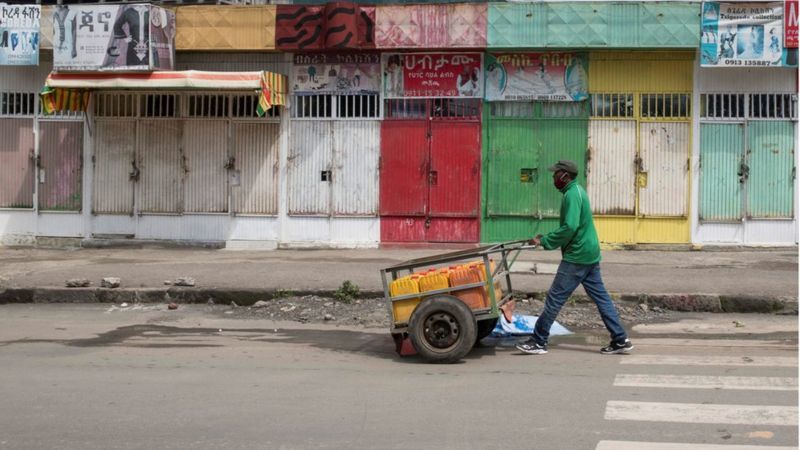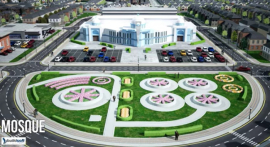
According to the Barnabas Fund, an international Christian aid agency, at least 500 Christians have been murdered in a series of coordinated door-to-door attacks and thousands have fled for their lives since June in southern Ethiopia's Oromia regional state, including its capital Addis Ababa. An Ethiopian Christian leader has called for an international inquiry into the attacks which have killed women, children, and displaced thousands since the end of June.
The killings began soon after the alleged assassination of an influential Oromo singer, Hachallu Hundessa, who was shot dead on June 29th. Hundessa's songs, written about romance and political freedom, were notable for being used throughout Oromo protests against the government. Christians from a wide range of ethnicities, including Oromo Christians, were targeted and killed during the attacks following Hundessa's tragic death.
According to the New York Times, Attorney General Adanech Abebe has claimed that two men confessed to the killing in July. The assassination was attributed to an "armed splinter wing of the Oromo Liberation Front" which is an opposition group that Abebe claims carried out the killing to "incite ethnic tension and overthrow the government."
The attacks on innocent Christians were propagated by members of Qeerroo, meaning "bachelors", an Oromo male youth movement. Qeerroo extremists arrived armed with guns, machetes, swords and spears, and sought out and killed innocent Christians. It was reported that children were forced to witness their parents being brutally murdered.
Barnabas regional contacts confirmed attacks in towns including Arsi Negele, Ziway, Shashemane, Gedeb Asasa, Kofele, Dodola, Adaba, Robe, Goba, Bale Agarfa, Chiro, Harar, Dire Dawa, Adama, Dera, Asela and Kembolcha, as the attacks extend to the far south-east and east of the country. The agency reported that "some of the Qeerroo militants held lists of Christians and were helped by local authorities, often run by Muslims in the Oromia region, to find individuals, particularly those actively involved in supporting the Church."
According to local witnesses, many police stood by and watched while the murders were occurring. However, reports from Bale Agarfa show that some local Muslims put themselves in harm's way to save the lives of Christians. Countless properties owned by Christians were burnt down, vandalized or destroyed by Qeerroo militants. Billions of dollars of damage was caused by the violent unrest, including to businesses owned by internationally known Christian athlete, Haile Gebresalassie, in Ziway and Shashamahe.
Some local witnesses were able to give accounts of the horrendous scenes. In Dera, one witness described that killers desecrated their victims by "dancing and singing, carrying the chopped or hacked body parts of those they slaughtered". Another witness sourced by Barnabas reported that the mangled bodies of an elderly Christian couple, beaten to death in their home, were dragged through the streets of Gedeb Asasa.
Thousands of refugees, including many orphans have fled the regions of unrest and violence and are being housed in churches and community centers. Ethiopian Christian leaders have visited the areas, only being able to weep once they hear about the atrocities that have been committed against their fellow Christians.
The Ethiopian government suspended the internet in the region for several weeks in order to reduce communication between extremists on social media. Thousands of arrests have since been made, including local officials implicated in attacks. However, government security forces have been objectively slow to bring an end to the horrible attacks, leading to comparisons to the surge of murders that led up to the Rwandan genocide.
As of August 27, Barnabas reports that the "targeted genocide" of Christians is continuing in the south, south-east, and east of Addis Ababa. Ethiopian Christians contacted by Barnabas urge concerned readers and supporters to "contact their Ethiopian embassy, to call for immediate action to bring to a halt the atrocities continuing in the Oromia regional state."

















